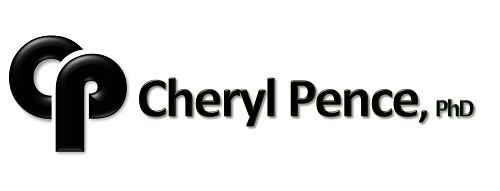
Practice Before the Big Day!
Impression management is the key to a successful job search. You must be able to convey your knowledge and experience to an employer in a professional manner. Often, individuals are unaware of their presentation style and other non-verbal behaviors. A practice, or mock, interview provides the opportunity to complete an interview and receive helpful feedback. Use these tips below to guide your practice. If you are not looking for a job, consider using these strategies in preparation for a big date or new activity where you want to make a good first impression.
Get Practice
To gain practice interviewing, it can be beneficial to find a professional in the field that you are entering. It is helpful if they have experience with employment decisions; however, it is not necessary that they regularly interview prospective employees as their primary profession as long as they are familiar with the types of questions asked in their career field during interviews.
A sample mock interview critique form may guide your interviewer and suggest areas for feedback. However, you may also provide a list of questions that you feel you would like to practice answering. You are also encouraged to record your interview so you can replay the session and better evaluate your own performance after hearing the interviewer’s feedback.
Gain Feedback
During the interview, have the interviewer make notes on the critique form so they can offer feedback and suggestions for how you might improve your interview skills. Ask them to discuss what they wrote down or noted about your overall impression or the way you asked or answered questions. Stay focused on how you can improve your skills for the future rather than any mistakes you made. The goal of the mock interview is recognize things that work and do not work for you. So take it all in as constructive feedback.
Reflect on Your Performance
After you have heard from the interviewer, consider your reaction to the feedback as well as your experience of the interview process. Consider the following questions:
- What did you learn about your presentation style?
- What are your interviewing strengths?
- What are your interviewing weaknesses?
- How can you improve your interviewing skills?
- Were there areas where you lacked confidence in your answers?
- Were there questions you couldn’t answer?
- What are your overall impressions of your performance?
Improving Your Interviewing Skills
Once you have identified the areas where you can use improvement in your interviewing skills, you are encouraged to devote some time to practice so that you may increase your self-confidence. You may also need to do additional research to find answers to questions you could not answer. Organizations will expect you to know about their mission, goals, and expectations for the job. Take the time to find out the answers so you are better prepared for the real interview. The University of Florida Career Resource Center (UF CRC)* offers some useful tips to answering some of the typical interview questions. There are many more questions you may be asked, so you are encouraged to prepare for additional potential interview questions you might encounter.
- What insights did you gain from practicing your interview skills?
- Was the feedback and reflection helpful to help you better understand your strengths and where you can improve?
- How was this helpful in identifying the questions you might need to better prepare?
- How are you taking action today to improve your skills do your next interview is successful?
